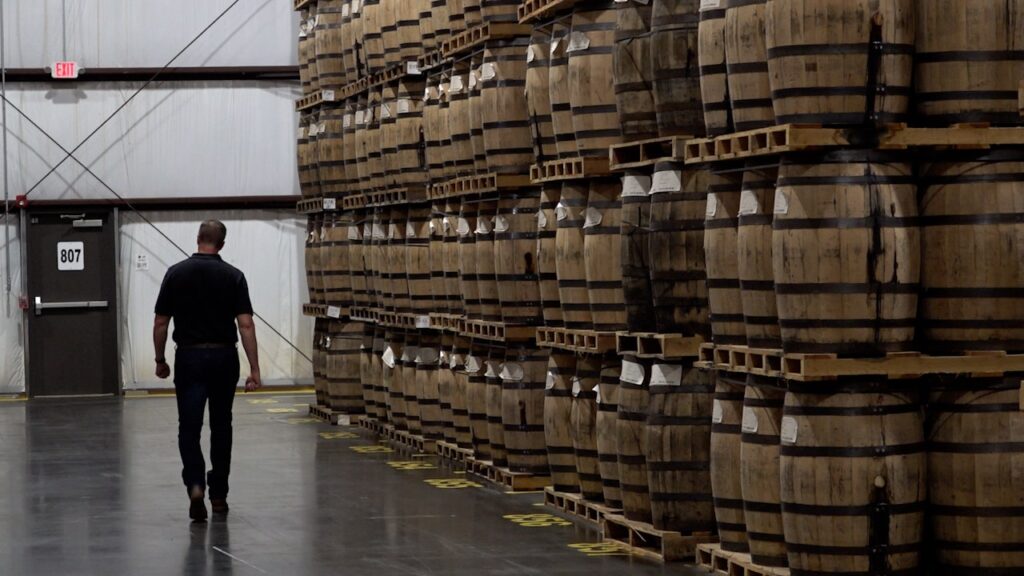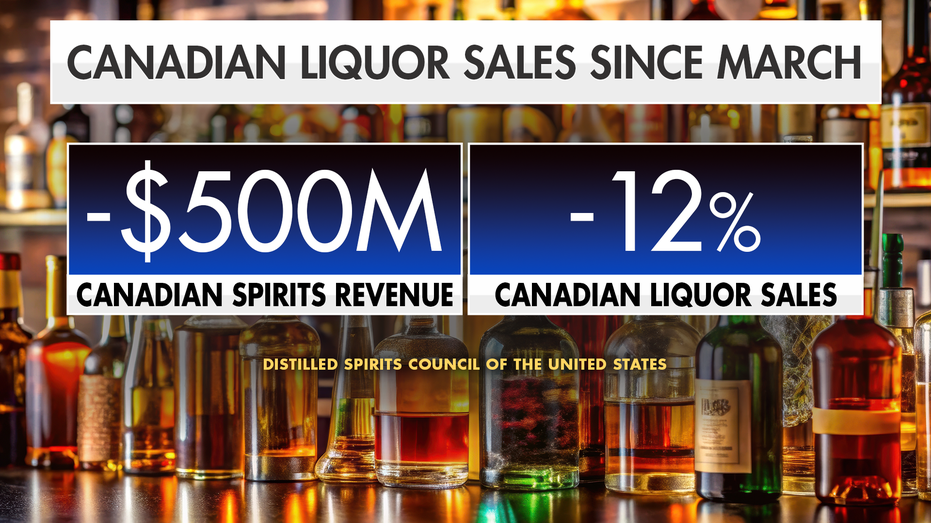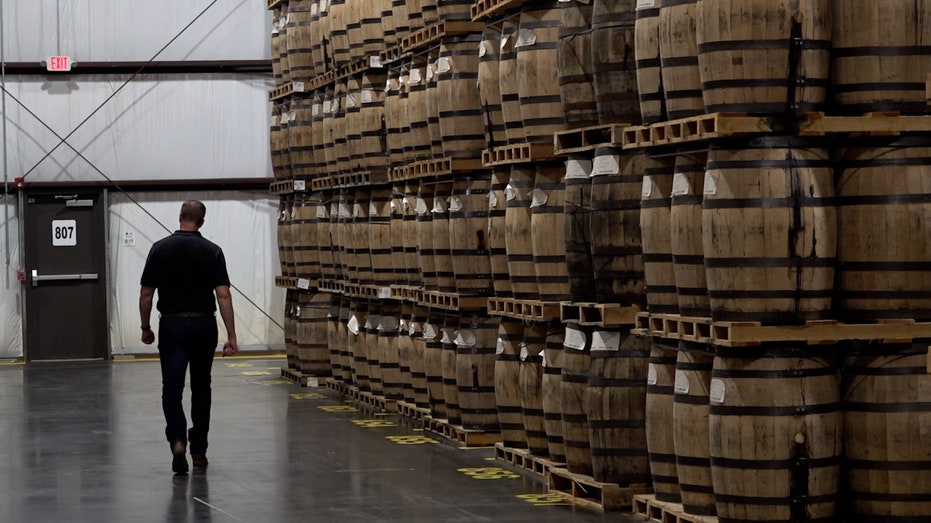
Distillers touted President Trump’s recent trade agreement with the European Union as a step to reviving reciprocal tariffs for distilled spirits. A Tennessee whiskey distiller hopes the U.S. can reach a similar agreement with Canada and Mexico.
American distillers are keeping a close eye on trade talks as Canada and Mexico have until Friday to reach deals with the U.S.
President Donald Trump on Sunday levied a 15% tariff on most products imported from the 27-nation European Union. Prior to the deal, the European Union faced a 30% tariff rate that was scheduled to begin on Aug. 1. Distilled spirits were not among the products included in the deal.
European Commission President Ursula von der Leyen said Europe will also purchase $150 billion worth of U.S. energy as part of the deal, in addition to making $600 billion in other investments.
Some American distillers hope the deal is a step toward eliminating all tariffs in the spirits industry.
EUROPEAN WINE AND SPIRITS INDUSTRY LEFT ON ICE AS SECTOR OVERLOOKED BY US-EU TRADE DEAL

President Donald Trump on Sunday announced 15% tariffs on most imports from the European Union. (Fox News / Fox News)
“The distilled spirits industry has had no trade barriers. We thrived, and that was the result of zero for zero tariffs,” said Chris Swonger, president and CEO of Distilled Spirits Council of the United States (DISCUS).
Swonger traveled to Scotland on Saturday where he said he would meet with distillers and First Minister John Swinney, who wants Trump to leave Scotch whiskey off any tariff list. He is hoping to make some progress before Trump returns to the U.K. in September.
“This industry should be immune to that. Why? Because we bring people together,” Swonger said. “From a US perspective, this industry hasn’t been the cause of a trade deficit.”
In March, Canadian provinces pulled American liquor labels off their shelves in retaliation of the 25% tariff Trump placed on Canadian imports. New data by DISCUS estimated Canada lost $500 million dollars in total spirits revenue when it delisted American brands. Total liquor sales in Canada have declined by over 12% since March 5, according to the council.
“It’s a terrible word, but it’s a little bit boneheaded,” Swonger said. “They’ve lost $500 million in revenue.”
TRUMP’S BOLD TARIFF STRATEGY HAS FRENCH CHEESE AND WINE MAKERS TREMBLING WITH UNCERTAINTY

The Distilled Spirits Council of the United States reported Canada lost $500 million in liquor revenue after provinces delisted American labels in government-owned liquor stores in March. Total sales decreased about 12%. (Fox News / Fox News)
DISCUS found that Canada replaced American spirits with “lower-margin offerings,” which significantly impacted the profitability of the Canadian spirits sector.
“There is not a whiskey on the planet that tastes like bourbon in Tennessee whiskey,” Heath Clark, Chief Operating Officer and General Counsel at the Tennessee Distilling Group, said. “It’s just a burst of Tennessee sunshine.”
Clark’s whiskey was one of the American labels pulled from Canadian shelves. He says thousands of bottles of whiskey that were designated to go to Canada and the European Union are on hold.
“We have pallets of product that was bottled and designated for Canada that are sitting in our warehouse,” Clark said. “In those cases, you’ve got product that’s now homeless.”

Heath Clark, a Tennessee Whiskey Distiller, estimates up to 100 barrels of whiskey that was destined for Canada are stuck in his warehouse. One barrel yields about 250 bottles of whiskey. (Fox News / Fox News)
It takes several years to make a bottle of whiskey and at least 18 months of farming before the distilling process even starts. Clark and one of his grain suppliers, John Halcomb, say constant changes with tariffs make it harder to plan next year’s production.
“We can’t turn our spigot on and off with grain supply,” Halcomb, a Tennessee grain farmer, said.
GET FOX BUSINESS ON THE GO BY CLICKING HERE
Halcomb estimated his overall business has fallen by about 30% in the last few months because of tariffs, which forced him to cut ties with some truckers transporting his grain.
“A 30% reduction in the grain that we’re moving means I don’t have work for them to do,” Halcomb said.
 Latest World Breaking News Online News Portal
Latest World Breaking News Online News Portal






